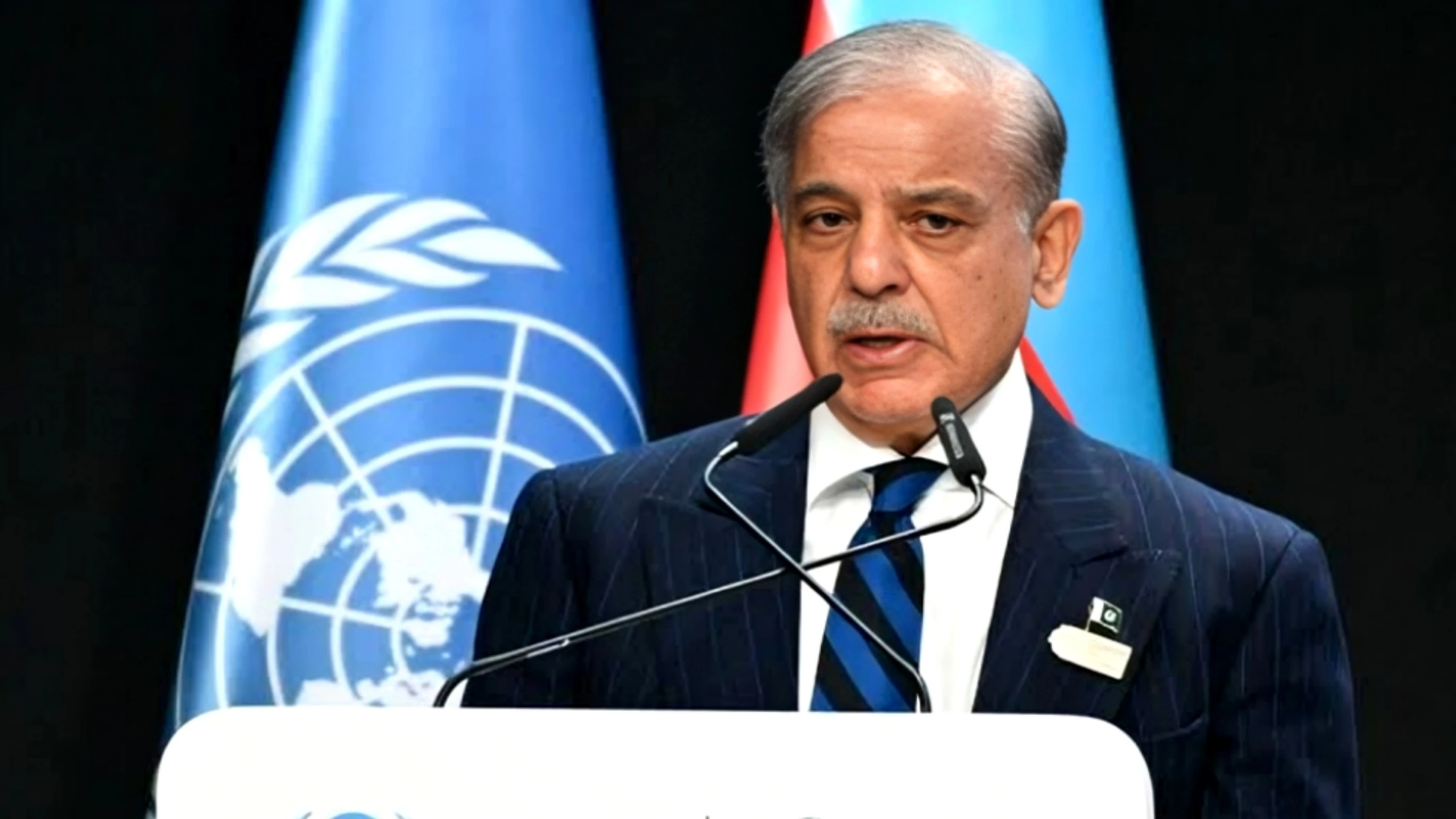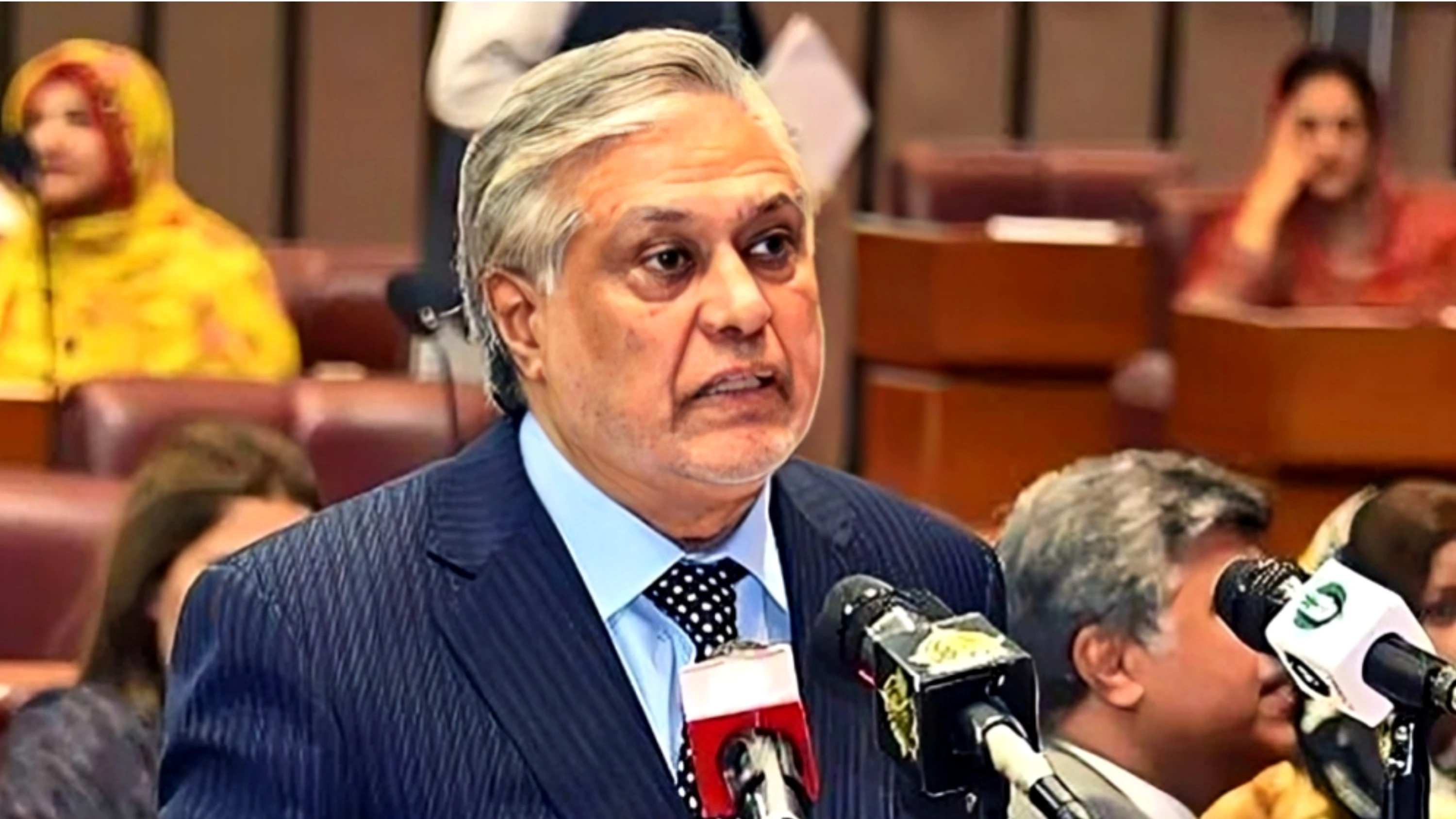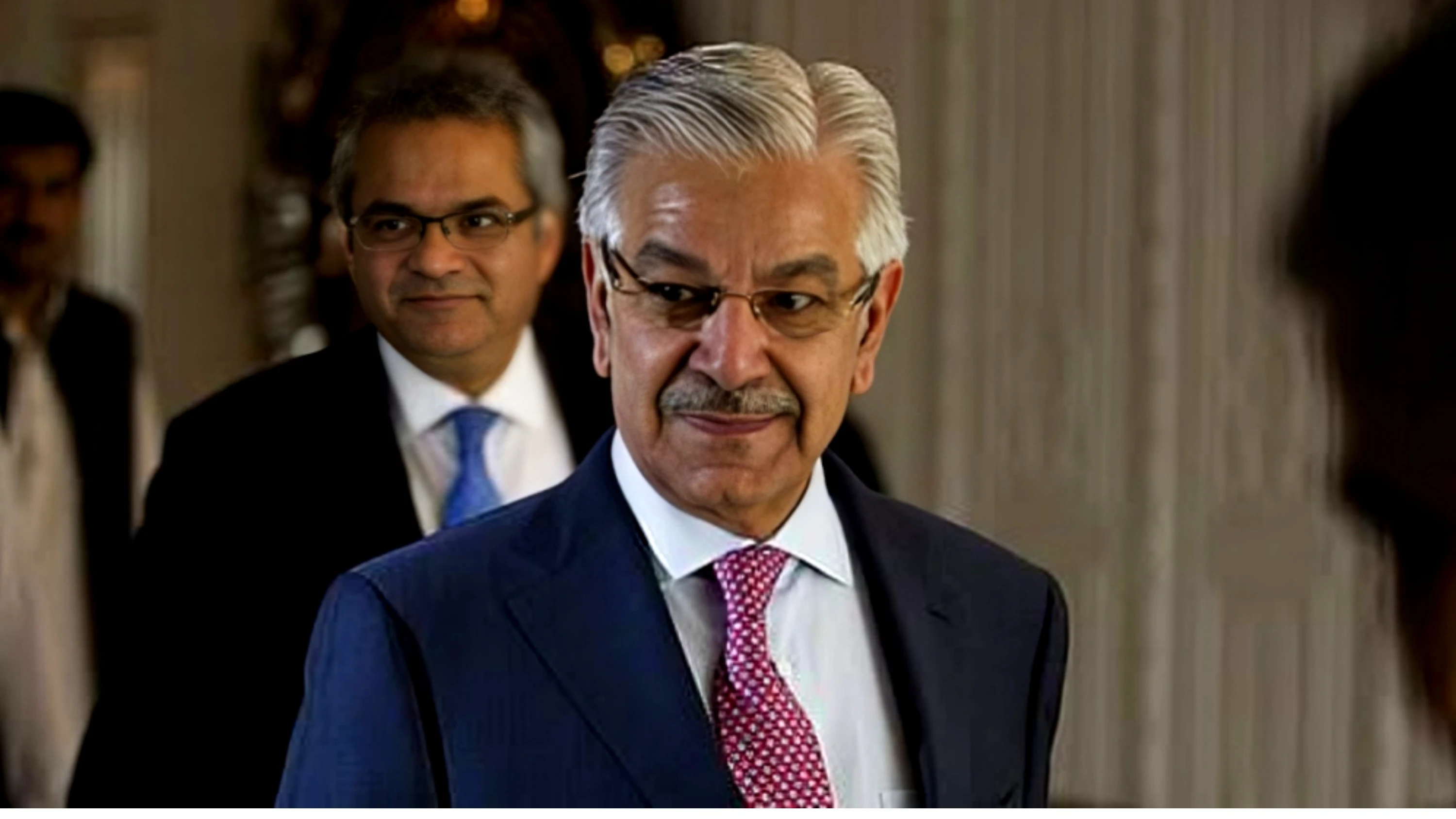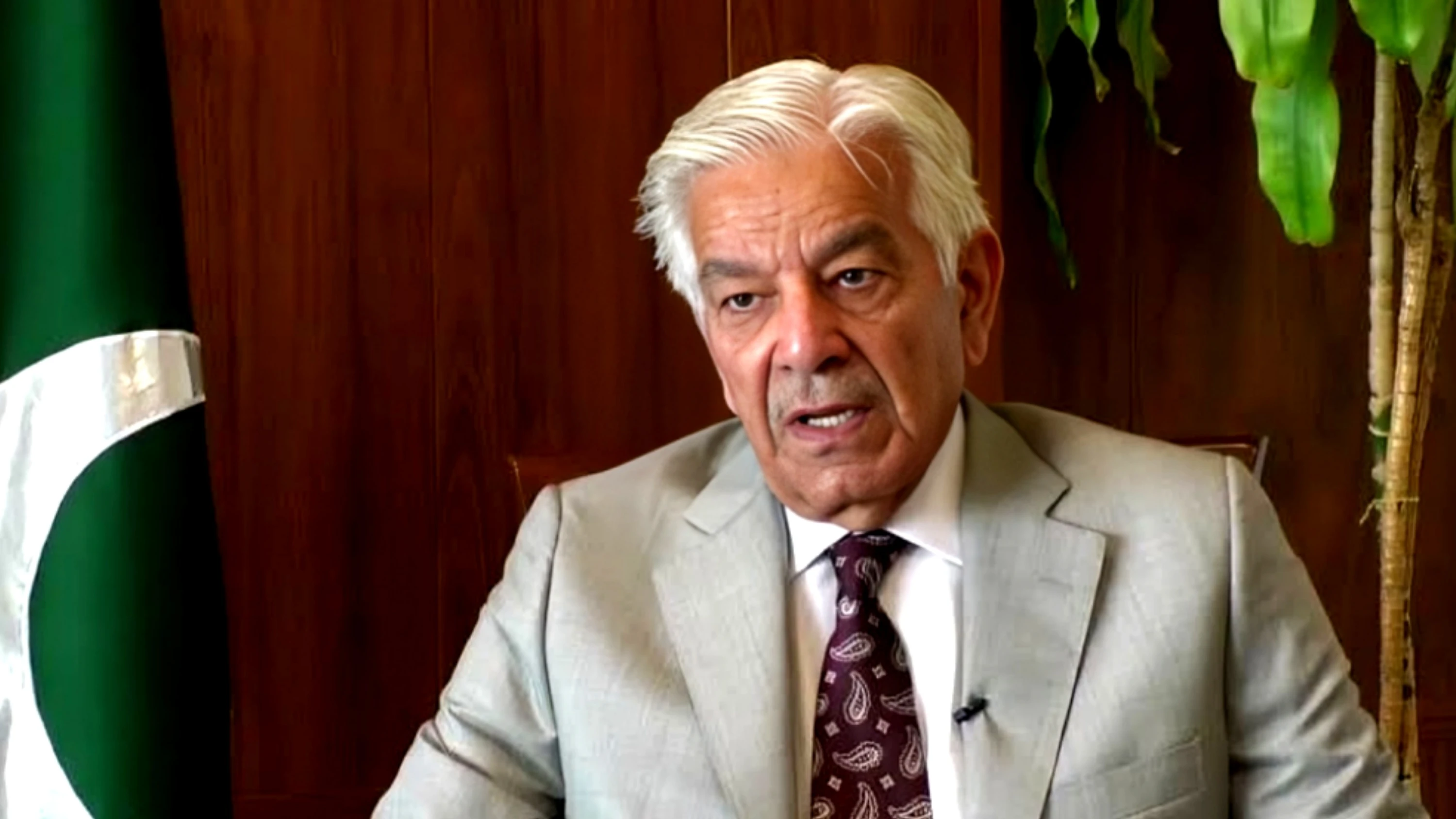Islamabad: On the occasion of the World Day to Combat Desertification and Drought, Prime Minister Shehbaz Sharif reiterated Pakistan’s unwavering commitment to safeguarding its water rights, calling the Indus River the "lifeline" of the Pakistani people.
The day, observed annually on June 17, aims to highlight the global urgency surrounding drought and desertification. This year’s theme, “Restore Land, Unlock Opportunities”, was described by the Prime Minister as timely and essential, given Pakistan’s worsening environmental challenges.
According to the Climate Risk Index 2025, Pakistan ranks among the top 10 countries most affected by extreme weather events in 2022. More than 68% of the country's land is now classified as arid or semi-arid. The prolonged drought conditions across Balochistan, Sindh, and South Punjab have exacerbated poverty among vulnerable communities.
In an official statement from the Prime Minister’s Office, Shehbaz Sharif expressed deep concern over India’s unilateral suspension of the Indus Waters Treaty, terming it a “grave issue.” He emphasized that the treaty does not allow for such actions and reaffirmed that the Indus River is vital to the lives of 240 million Pakistanis.
The Prime Minister also stressed Pakistan’s commitment to regional peace and international agreements, while announcing accelerated efforts to enhance the country’s water storage capacity.
Touching on land degradation, he pointed out that nearly 50% of Pakistan’s land is facing various forms of degradation, driven by deforestation, overgrazing, salinity, waterlogging, and unplanned urban expansion.
The statement also referenced the 2022 floods and recurring droughts, stating that climate change has intensified the frequency and severity of such events, including wildfires and floods. The Prime Minister emphasized that land is a key asset for Pakistan’s food security, water availability, biodiversity, and rural livelihoods.
According to the United Nations Convention to Combat Desertification (UNCCD), over one million square kilometers of fertile land worldwide is lost annually. From 2025 to 2030, restoring land globally would require a daily investment of $1 billion.
Highlighting his government’s climate resilience policies, the Prime Minister said that sustainable land management and ecosystem restoration are cornerstones of Pakistan’s climate agenda. He noted that over 2.2 billion trees have been planted under the expanded Green Pakistan Programme.
Pakistan is also implementing its National Climate Change Policy and National Adaptation Plan, aimed at promoting integrated land use and enhancing ecosystem integrity. These frameworks align with the country’s commitments under the UNCCD, of which Pakistan has been a member since 1997.
Prime Minister Shehbaz Sharif urged all stakeholders to work collaboratively toward land restoration and to build a climate-resilient future for upcoming generations.
Notably, in March this year, Pakistan’s Meteorological Department issued warnings of potential droughts in Sindh, Balochistan, and Punjab due to below-average rainfall.








